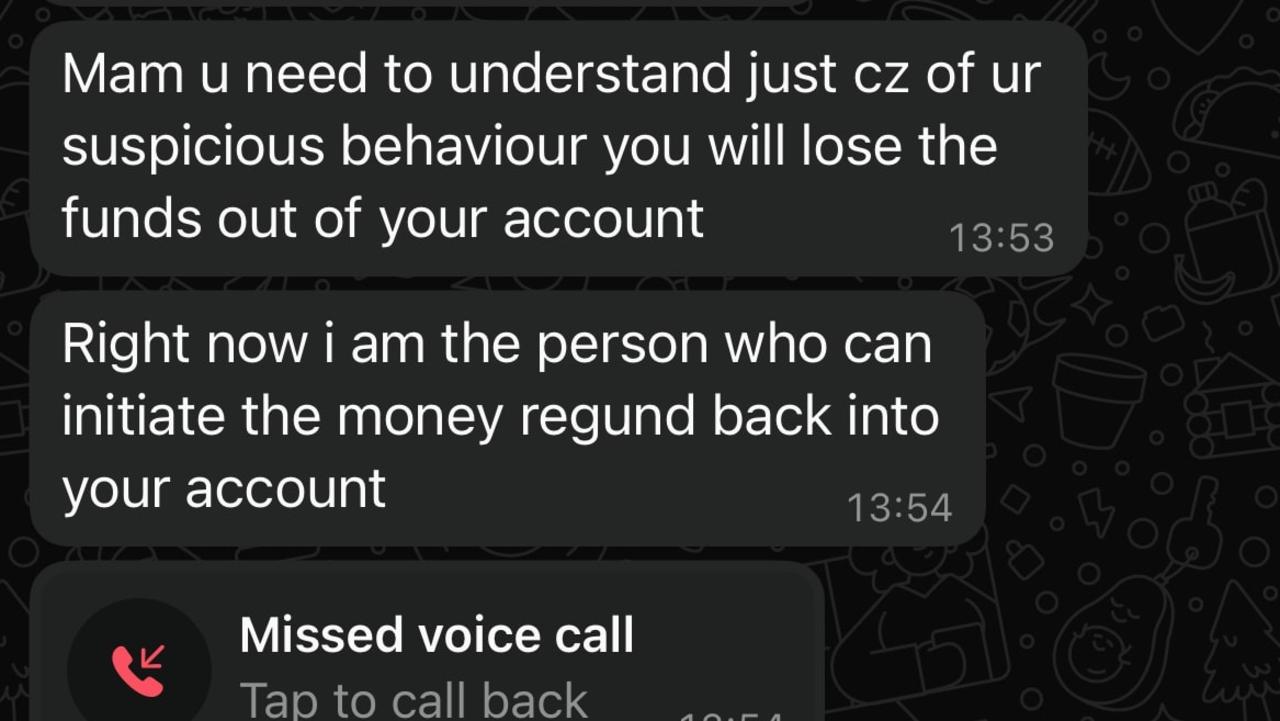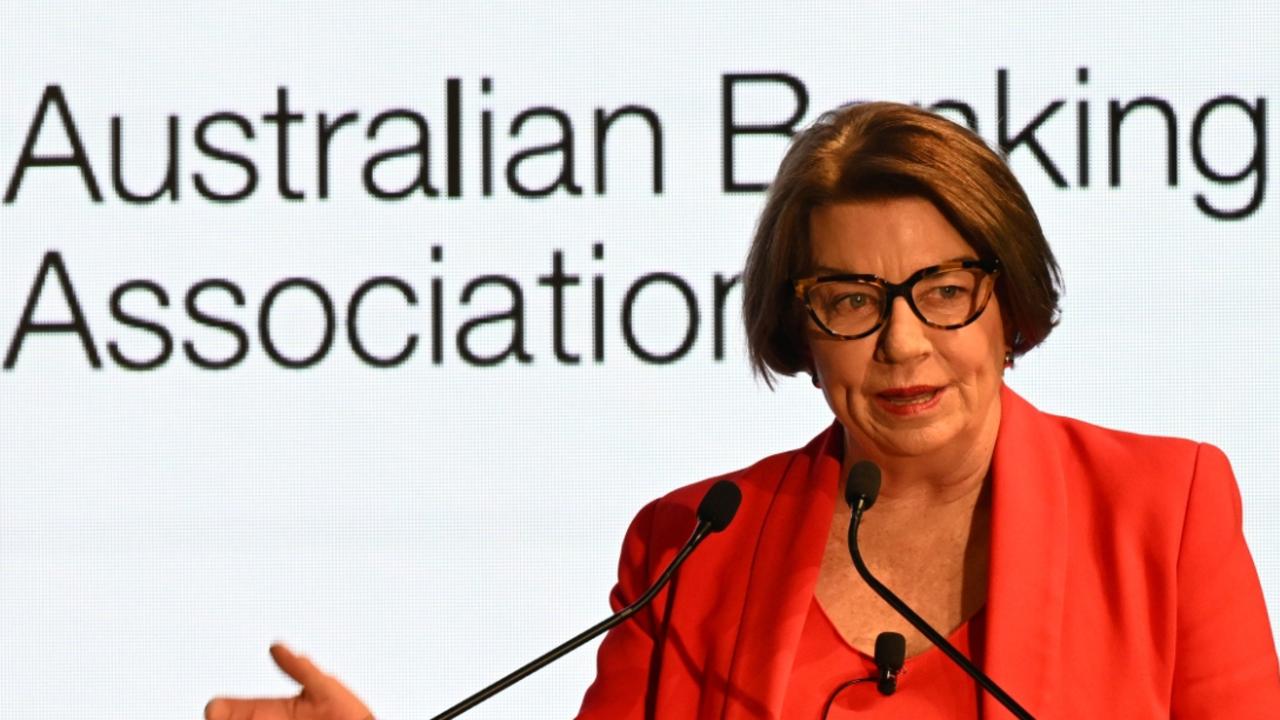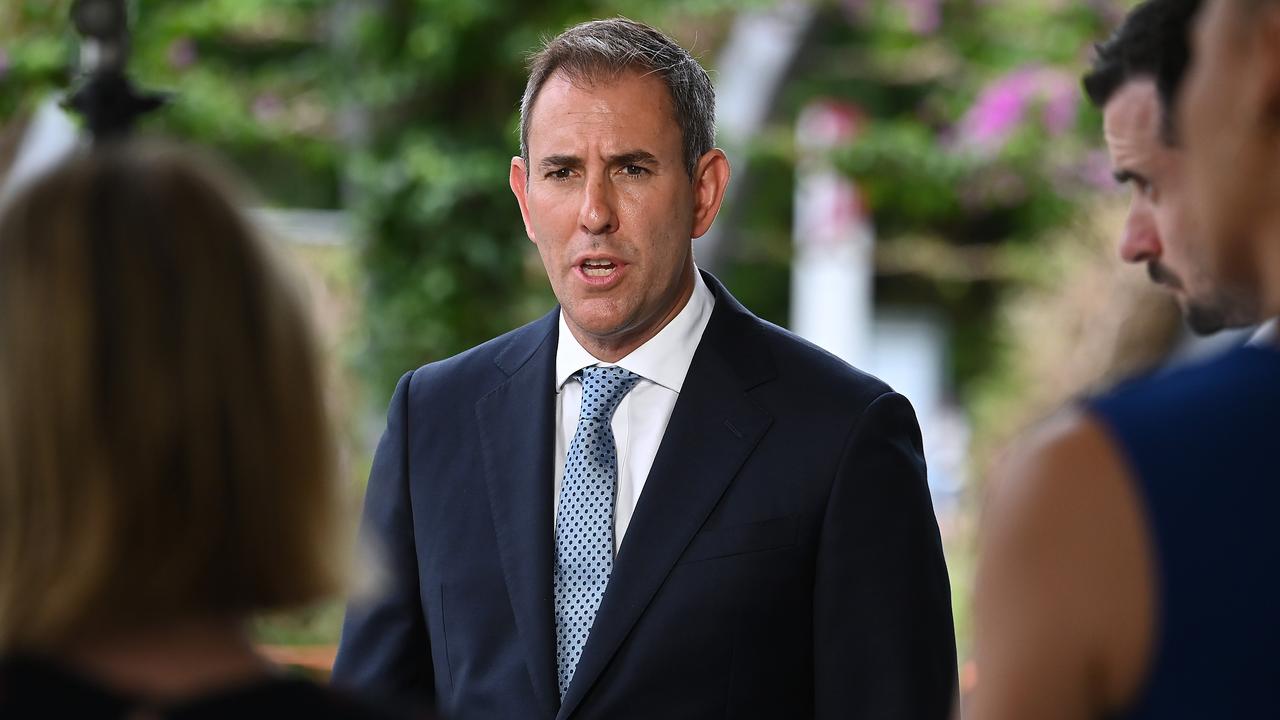Elon Musk reaches a level of wealth previously unmatched in human history
Elon Musk has become the first person in history to cross an astonishing threshold of personal wealth.
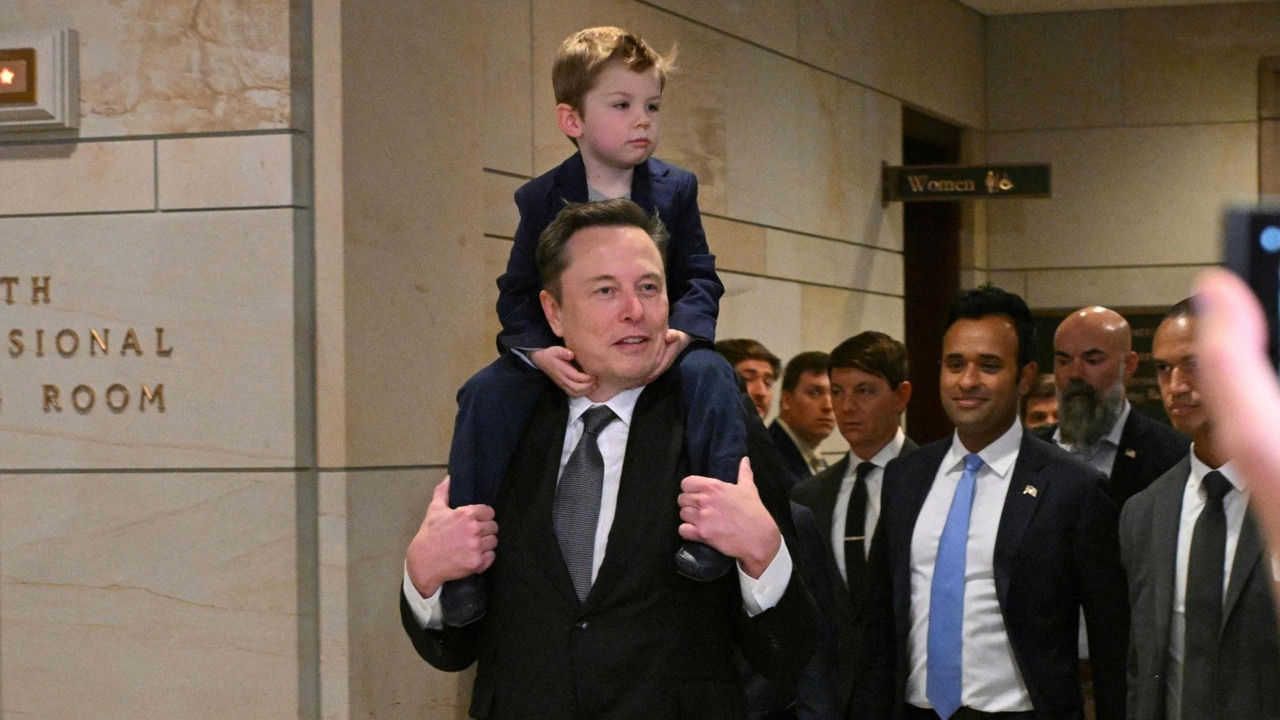
COMMENT
Elon Musk has become the first person in history to be worth more than $US400 billion ($625 billion), further cementing his status as the world’s richest human being.
The boss of Tesla, SpaceX, and the social media platform X has seen his wealth surge since Donald Trump’s victory in November’s American presidential election, a contest in which he played an active role, publicly advocating for Mr Trump and donating tens – perhaps even hundreds – of millions of dollars to his cause.
It’s an investment that has, unambiguously, paid off.
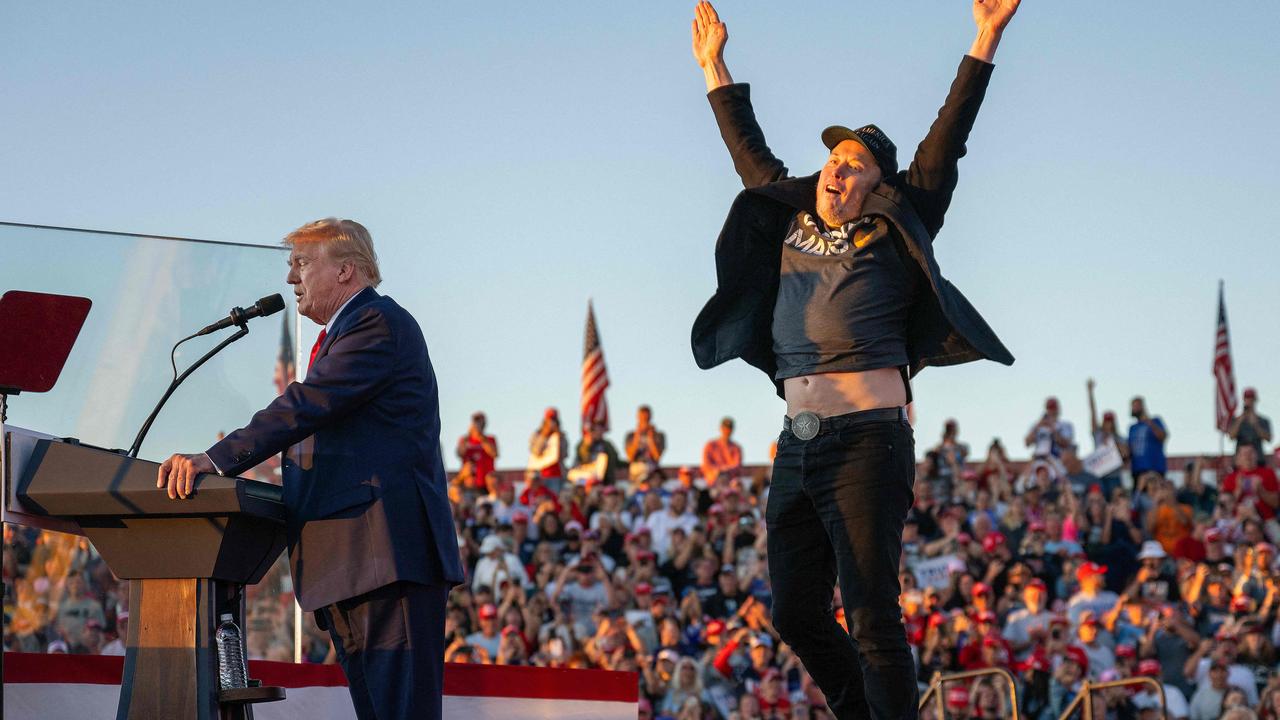
MORE: Elon Musk’s bizarre move with ex-partner Grimes exposed
According to Forbes, whose many services to the public include tracking the wealth of business executives such as Mr Musk, the man’s net worth rose by $US58 billion ($91 billion) on Wednesday, US time, alone. Hence his breaching of the $400 billion barrier.
So in a single day, Mr Musk became richer by a figure 1,491,803 times larger than the Australian median wage. If I worked for 13 million months, I would earn something like the same amount of money Mr Musk just got in a period of 24 hours. To give you some perspective on the matter.
You may make your own judgment on whether or not that is a commensurate return for the labour offered by Mr Musk, as opposed to that of, say, a minimum wage worker at one of his Tesla factories in Texas, who also works two other jobs, to complete a 16-hour work day, in an attempt to put something like a liveable amount of food on his family’s table.
This minimum wage worker does not, presumably, have the spare time required to stream Diablo IV each week, or to spend months hanging around Mar-a-Lago as a sort of presidential groupie, or to ostensibly co-parent a dozen children with multiple different mothers.
OK my own views may have seeped through there, sorry. I confess to having a certain degree of contempt for someone who demands, with no small amount of pompousness, that his many thousands of low-paid workers be at the office each day, lest they be sacked, while he himself is running multiple companies remotely from the luxury resort of his political benefactor.
Is it the blatant hypocrisy that rankles so much? The lack of anything resembling self-awareness? The smug self-assuredness with which he makes pronouncements about the moral failings of people who actually work harder than him? Difficult to say.
Anyhoo. As I said, you can reach your own conclusion about the merits, or otherwise, of Mr Musk’s snowballing wealth. Don’t let my rantings prejudice you.
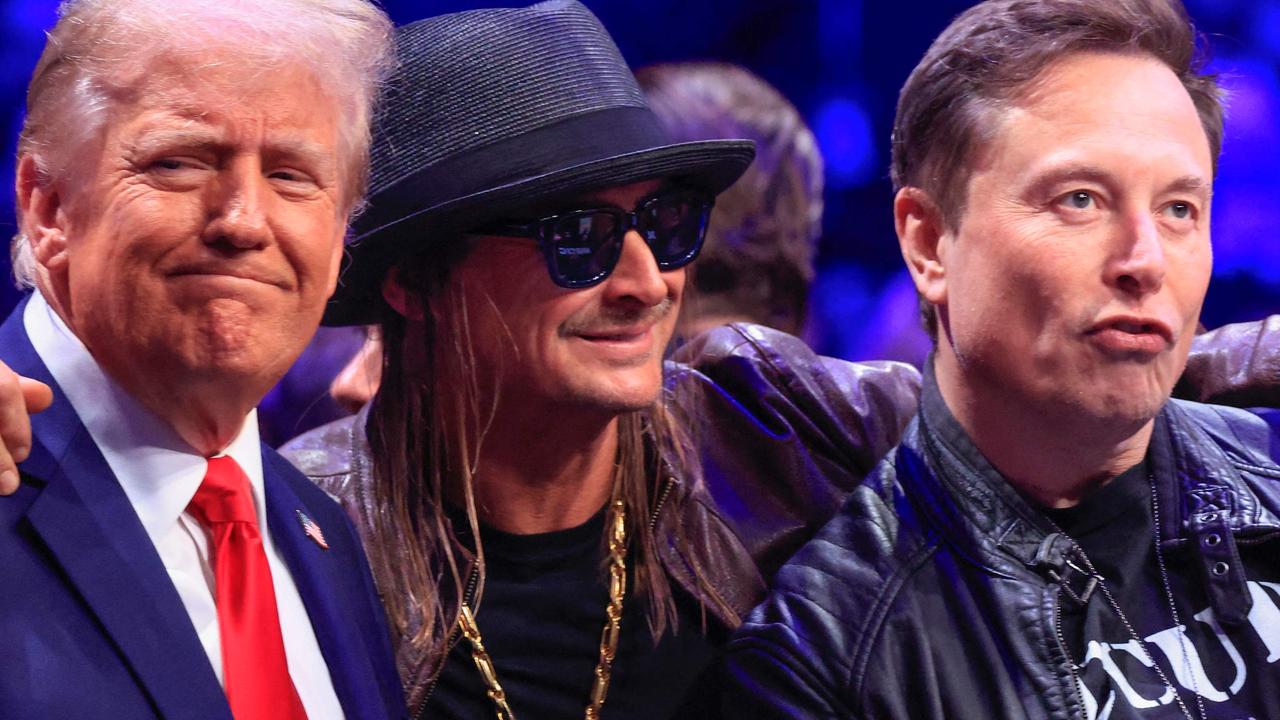
The cold numbers say Mr Musk is now worth about $US180 billion ($281 billion) more than his nearest competitor in the rich guy stakes, Amazon founder Jeff Bezos. Mr Bezos, who also owns The Washington Post, has tried gamefully to ingratiate himself with Mr Trump since the election. Too late, it seems, to wipe away years of ill will.
If we were to list the billionaires with the most influence over the incoming Trump administration, Mr Bezos likely wouldn’t even make the top ten (for a start, seven billionaires have been picked to serve in the President-elect’s cabinet, so Mr Bezos is eighth at best).
Mr Musk’s surge in wealth is not just down to politics, however. According to Forbes, one factor is the “skyrocketing” valuation of SpaceX. Others are Mr Musk’s 13 per cent stake in Tesla, which is growing in value despite Mr Trump’s dismissive attitude towards electric vehicles, and his shares in the artificial intelligence company xAI.
His political influence certainly doesn’t hurt, though.
Mr Trump has selected him, along with fellow billionaire Vivek Ramswamy, to run a newly formed Department of Government Efficiency (DOGE). The pair of moguls, one of whom has benefited greatly from billions of dollars in subsidies, over the years, will be tasked with cutting the overall cost of America’s federal government.
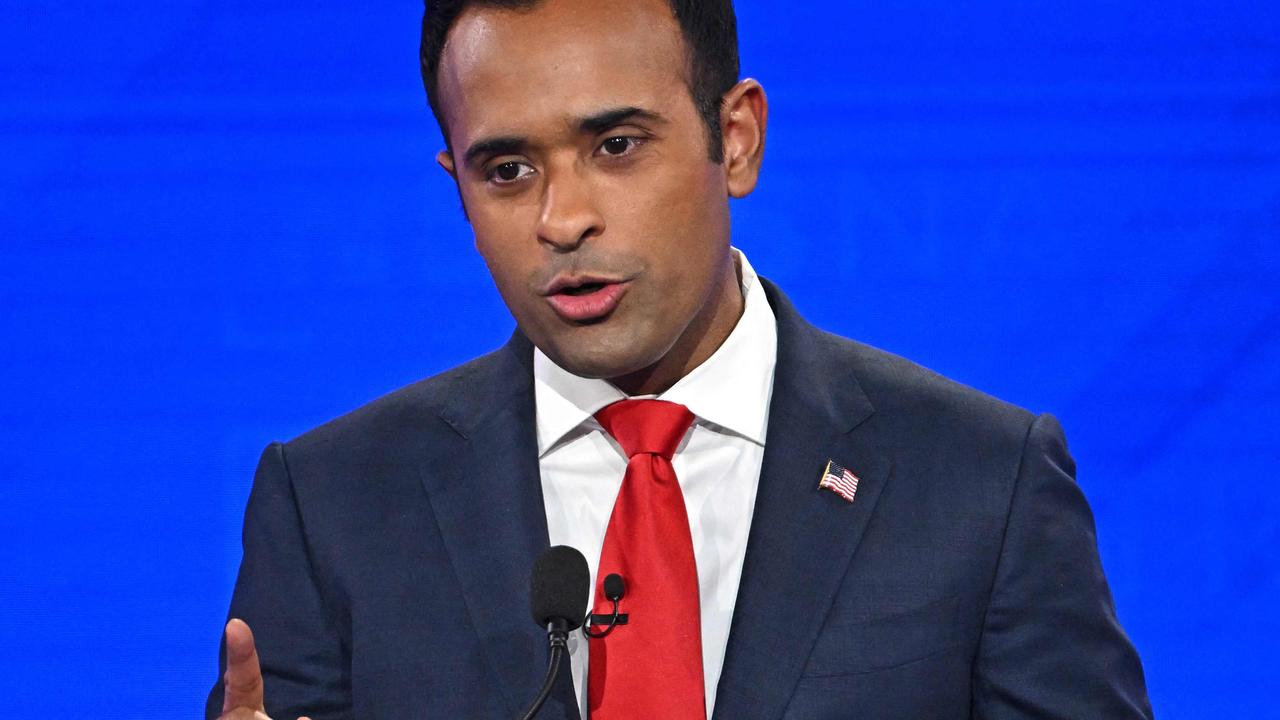
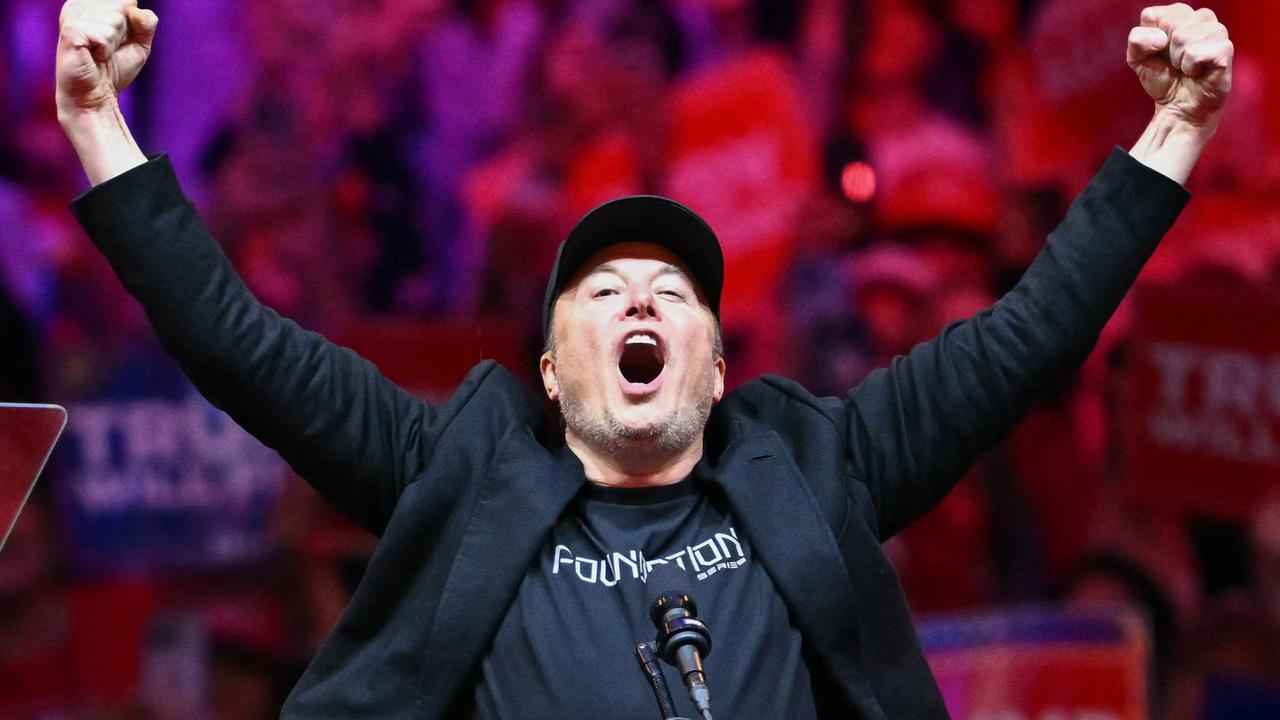
The risk, here, is that Mr Musk may end up wielding influence over government policy and regulations that affect his own companies, without being compelled to divest from them.
He’s already the beneficiary of a great many government contracts, in both the defence and space sectors. One does not imagine he will push, through DOGE, to defund those ventures. But Mr Musk has spoken of scaling back the public service by firing government workers, and of addressing the spiralling costs of government programs like Medicare and Social Security, which are coming under increasing pressure as America’s population ages.
The country has not registered a federal budget surplus for more than two decades. Its deficit peaked, during Covid, at more than $US3 trillion, and this year was still at $US1.8 trillion.
That’s a heck of a lot of money to make up via budget cuts, particularly when Mr Trump has committed to extend his first administration’s tax relief for wealthier Americans, and when big swathes of the budget, such as defence spending, remain off limits.
But Mr Trump’s presidential campaign included lots of talk about a word that will sound familiar to most Australian voters: waste. Every election, we hear about the sheer amount of waste in our government’s budget, and how we can balance the books by addressing it – conveniently, without cutting anything people actually care about.
The reality tends to be more complex. Waste exists, but not at anything approaching a scale that could offset the rest of government spending. So when we talk about waste, as the key factor in our government’s budget, what we’re really doing is pretending that hard decisions, about public spending that actually affects people, don’t need to be made.
The situation is no different in America.
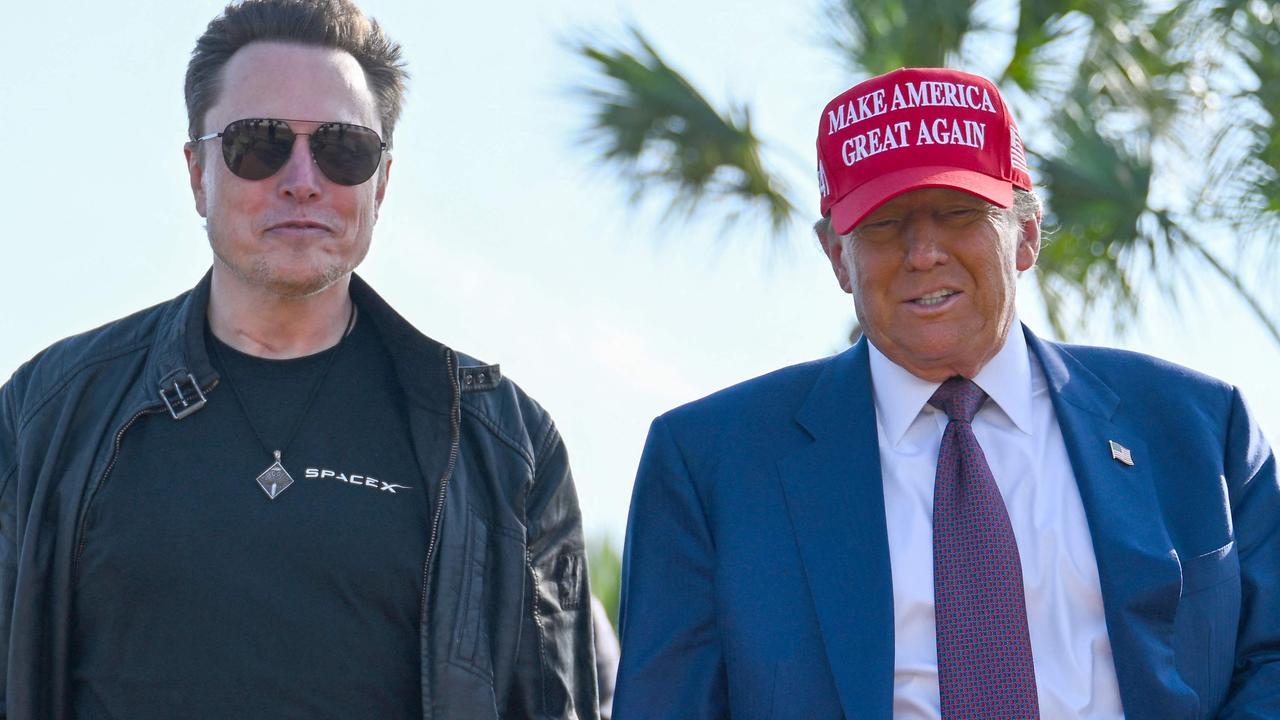
According to Marjorie Taylor Greene, a rather notorious, pro-Trump Republican Congresswoman, Mr Musk and Mr Ramaswamy have spoken behind closed doors of “having a naughty list and a nice list” for members of Congress, to keep track of “how we are spending the American people’s money”.
OK, sure. Not the worst idea ever. And Christmas-themed!
Where would Elon Musk himself land on such a list, though, given how many billions of taxpayer dollars have subsidised his career, and given his rise to heretofore unexplored heights of personal wealth?
Obviously, Mr Musk will be on the nice list. Because he will be the person writing the list. And therein lies the problem. Elon is powerful enough and sufficiently immune to the rules that govern the rest of us without also having the power to write the rule book himself.
Twitter: @SamClench


